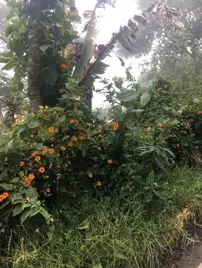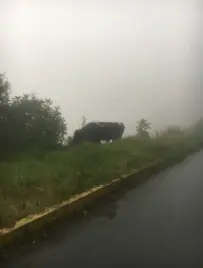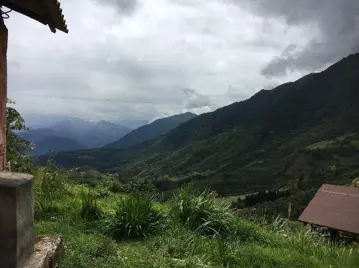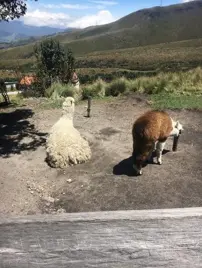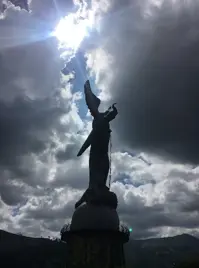Meagan LeBerth United Planet Internship Experience in Ecuador
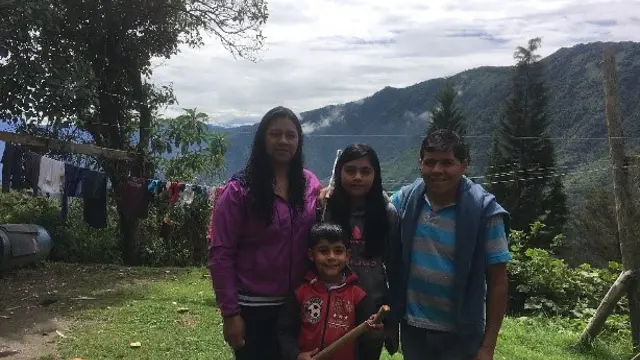
Hello, my name is Meagan, I’m 17, and I am an aspiring environmental scientist. I was awarded a fantastic opportunity to intern with United Planet and visit Ecuador to further advance my environmental interests. I traveled to the rural, community-based town, Yunguilla. The one-week experience was unlike any other.
Yunguilla, a community built on local effort, thrives off surrounding natural resources. From raising cows, growing blackberries, to running a single local food market, each family in Yunguilla plays a crucial part in the overall structure of the town. The activities I participated in during my stay taught me so much about the Ecuadorian culture and environmental sustainability.
As a vegan I was pleased to find out that a lot of Ecuadorian food is plant based. I got to enjoy many plantains, potatoes, rice, and even indigenous fruit such as uvilla and chiualcan. All plants, which are locally grown in this agricultural community, serve to feed the families of Yunguilla. As a tourist attraction the two indigenous fruits are made into jam, which I spent a whole day helping prepare. On another day I spent time in the backyard of a close neighbor, planting blackberry bushes on the steep slopes of the mountain ridges. And the cows? Well of course they are sometimes used to produce meat for the town market but the milk they produce is brought to an intown cheese factory, where I helped make farm fresh cheese the old fashion way.
I can’t stress enough the importance of community effort in this town and the pride each family takes in the production of their unique offerings. Each family has their own niche product, for example my host family made ice cream for the town market. Without the neighbors who milk the cows, the cheese factory workers who produce the cream, and the blackberry farmers who provide fruit, my family would not have been able to make the ice cream for their town. A real community effort.
The things I learned about Ecuadorian food, and the Yunguilla society was amazing, but along the way I learned quite a bit about environmental sustainability as well. For example, each family household had trash bins labeled “organica” and “inorganica”, one was used for all food, like waste, while the other was for manufactured type waste. As agriculture is a significant part of Yunguilla, organic matter for fertilizer is never unwanted. Not to mention the waste produced from the cows and the guinea pigs which also get put to great use. I believe my hands-on experience with the many cycles of life and fuel will prove to be a crucial asset for my future academics and profession.
But of course, as with all traveling, there were difficulties I faced in Ecuador. For starters, I never learned an ounce of Spanish as I took French in school. As I reached my destination, I received nothing but kindness from the locals and even excitement as they saw the situation as an opportunity to teach me new things. At times it was hard to get around daily tasks, but for the most part I was not held back by my lack of Spanish. The common cultural shocks such as separation from family and leaving my comfort zone was difficult at times, but in the end, I wouldn’t trade my experience in the world for anything else.
Prior to departure I recommend doing research. Know the area and how you can travel the safest. A lack of knowledge or preparedness can cause one to be worried or unnecessarily nervous during travel. But in the end, make it happen, and don’t let small fears hold you back. As a fresh new college student, I can’t wait to start school with this experience under my belt and embark on a more cultured path to the future. United Planet helped me aspire to do greater things.
